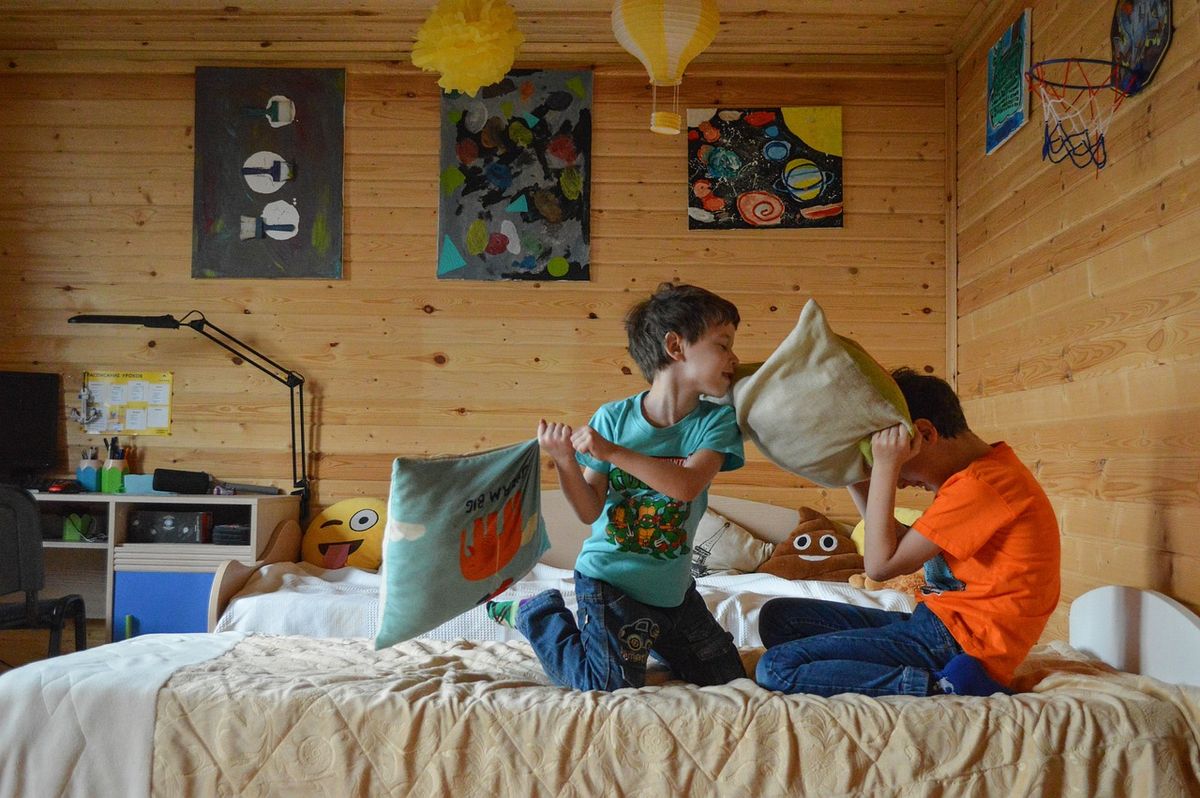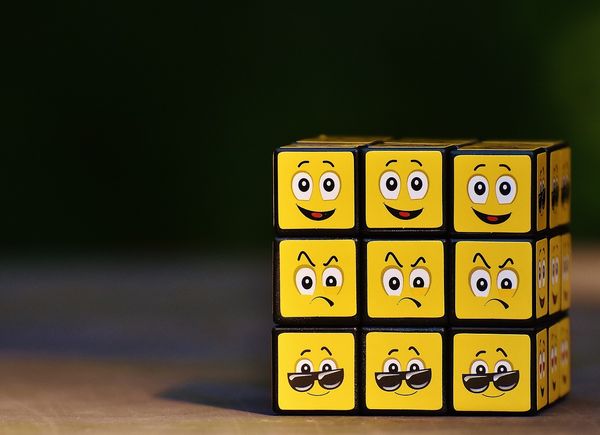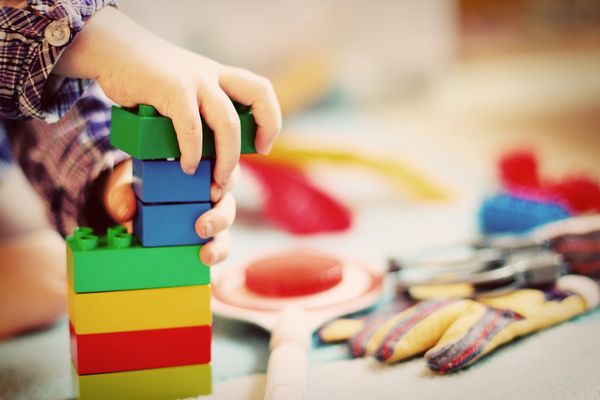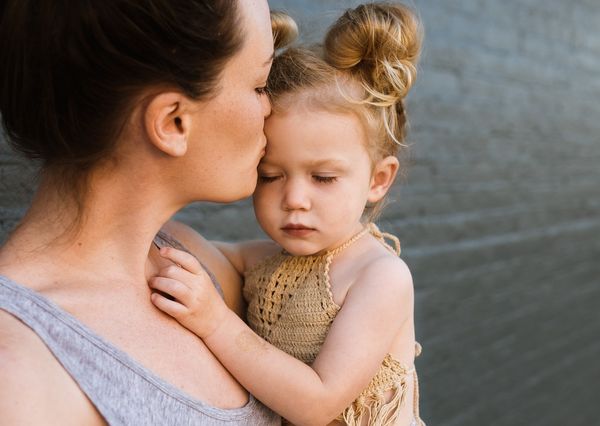How to Handle Your Child's Aggressive Behavior

When it comes to discussions about children's behavior, one topic often takes center stage: "Why did my usually peaceful, friendly, and well-behaved 2-year-old suddenly hit another child at the park?"
Such incidents often spark heated debates, with fingers pointed at the child's upbringing, exposure to aggressive behavior, or even the influence of violent cartoons. I used to firmly believe in the idea that a child's behavior is largely influenced by their environment. However, my perspective changed when I confronted the concept of "immaturity."
Imagine this scenario: A 10-month-old baby, playing with a friend, suddenly grabs their friend's head and squeezes it hard because the friend refused to share a toy. This was my son, the 'aggressor.' He hadn't been exposed to violent cartoons, aggressive behavior, or preschool influences. The reality was that he was simply impulsive, emotional, and sometimes aggressive.
I spent countless hours reading, researching, and seeking advice, trying to understand and rectify this behavior. But the more I delved into it, the more I realized that my son's impulsive behavior was simply a part of his developmental process. Until around the age of 5-7 years (or 7-9 years for highly sensitive children), kids are physiologically incapable of controlling their impulses due to the underdevelopment of their prefrontal cortex. This part of the brain, responsible for impulse control, continues to develop until the age of 21-25.
Understanding this concept of immaturity is crucial in comprehending our children's behavior. It's not surprising that children, in moments of frustration, may resort to aggressive behavior. They are driven by an energy that they cannot physiologically control. And our explanations about why such behavior is unacceptable often fall on deaf ears.
So, how do we handle our child's aggressive behavior? The answer may surprise you: Give it more room to breathe! Yes, you should intervene when your child attacks others, express your disapproval when they hit you, and remove them from a conflict situation. You can suggest alternative ways to express aggression: hitting a pillow, throwing soft objects, stomping feet, etc. You should discuss your family values and talk about the child's frustrations. You can also engage them in games that help release pent-up emotions. However, it's important to remember that these actions won't instantly change your child's impulsive behavior. They can't speed up the maturation of their prefrontal cortex.
As my own son approaches 5, I see signs of emotional balance. He can express his feelings verbally and often uses the strategies I suggested to express his anger. But there are still moments when his emotions overwhelm him, and his first impulse is to lash out. In these moments, it's essential to remember that this is a phase that he will outgrow as his prefrontal cortex matures.
Understanding your child's aggressive behavior can be challenging, but with patience, empathy, and a solid understanding of their developmental process, you can navigate this journey with grace and confidence.



